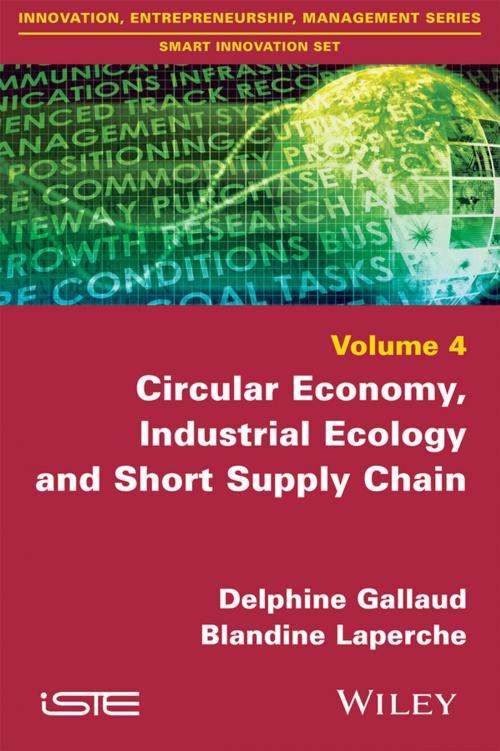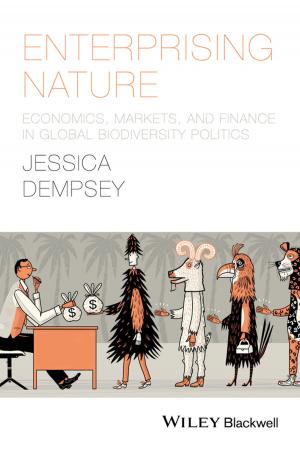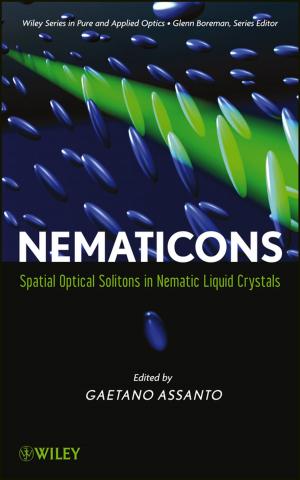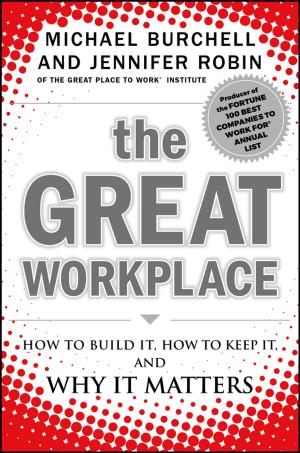Circular Economy, Industrial Ecology and Short Supply Chain
Nonfiction, Science & Nature, Technology, Electronics| Author: | Delphine Gallaud, Blandine Laperche | ISBN: | 9781119307471 |
| Publisher: | Wiley | Publication: | June 14, 2016 |
| Imprint: | Wiley-ISTE | Language: | English |
| Author: | Delphine Gallaud, Blandine Laperche |
| ISBN: | 9781119307471 |
| Publisher: | Wiley |
| Publication: | June 14, 2016 |
| Imprint: | Wiley-ISTE |
| Language: | English |
In contrast to the linear "take-make-dispose" model of resource consumption, a new industrial model is proposed in the form of a circular economy. This model aims to optimize the use of resources and to reduce or eliminate waste, and is based on re-use, repair, ecodesign, industrial ecology, sustainable supply and responsible consumption.
Industrial ecology and short supply chains can contribute – particularly on a territorial scale – to the emergence of a real sustainable development. This book develops these concepts and presents experiments that are taking place in France and other countries, in addition to an integrated model which details the mechanisms through which industrial ecology and short supply chains can generate economic, social and environmental profits. The possible issues and obstacles facing these new practices are also analyzed, in order to develop the outline of an adapted management and governance which will enable them to be fully realized.
In contrast to the linear "take-make-dispose" model of resource consumption, a new industrial model is proposed in the form of a circular economy. This model aims to optimize the use of resources and to reduce or eliminate waste, and is based on re-use, repair, ecodesign, industrial ecology, sustainable supply and responsible consumption.
Industrial ecology and short supply chains can contribute – particularly on a territorial scale – to the emergence of a real sustainable development. This book develops these concepts and presents experiments that are taking place in France and other countries, in addition to an integrated model which details the mechanisms through which industrial ecology and short supply chains can generate economic, social and environmental profits. The possible issues and obstacles facing these new practices are also analyzed, in order to develop the outline of an adapted management and governance which will enable them to be fully realized.















